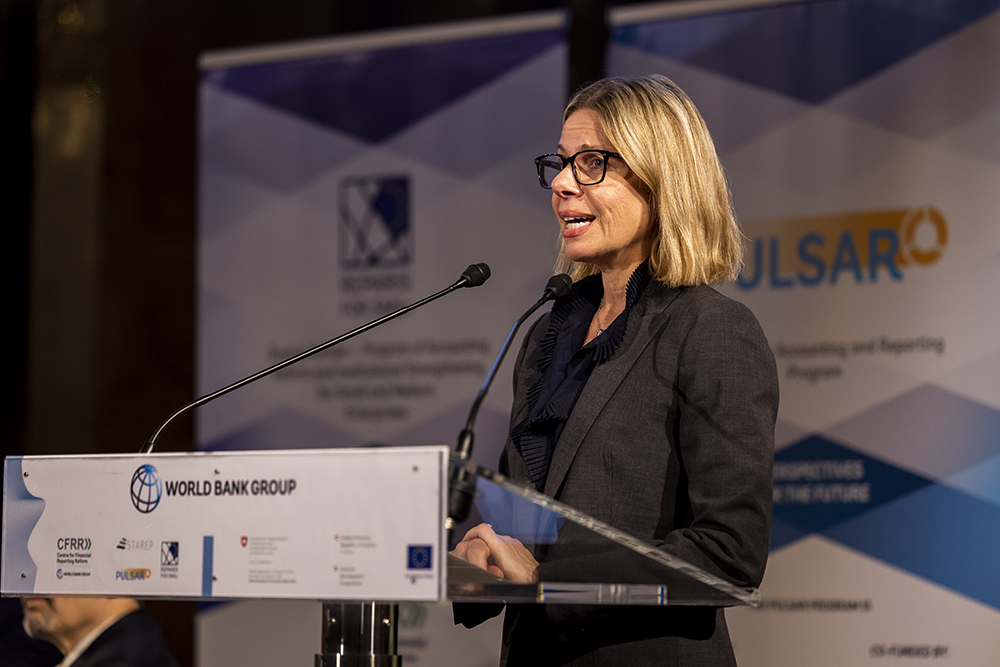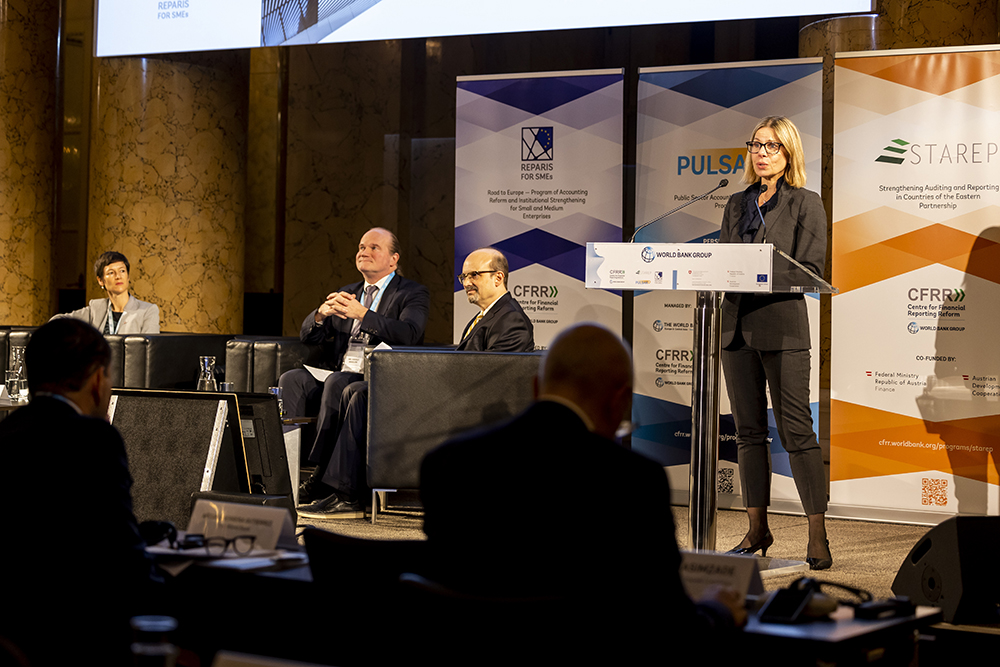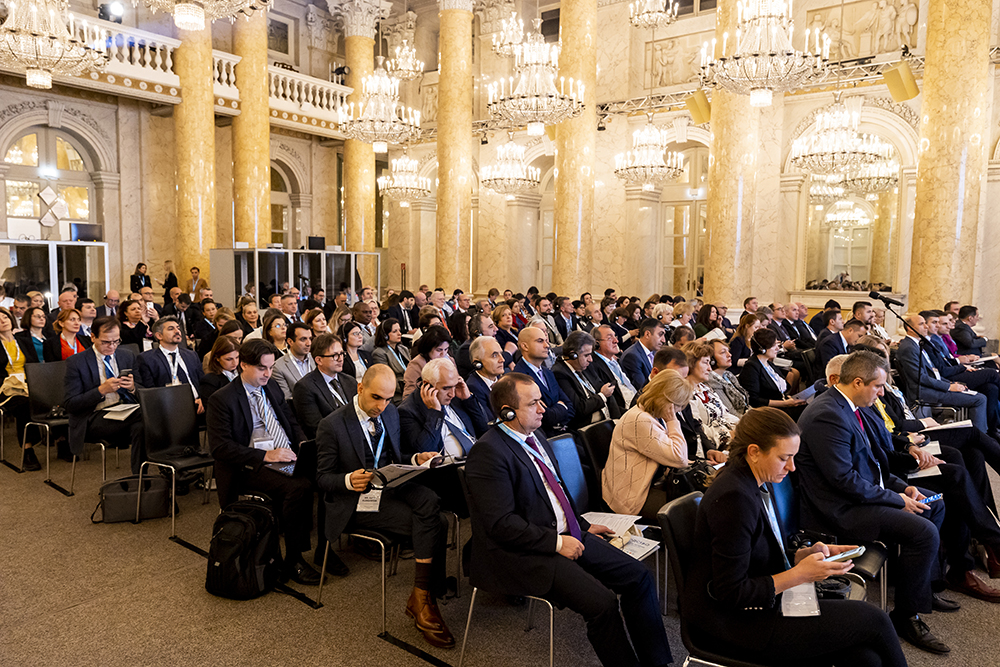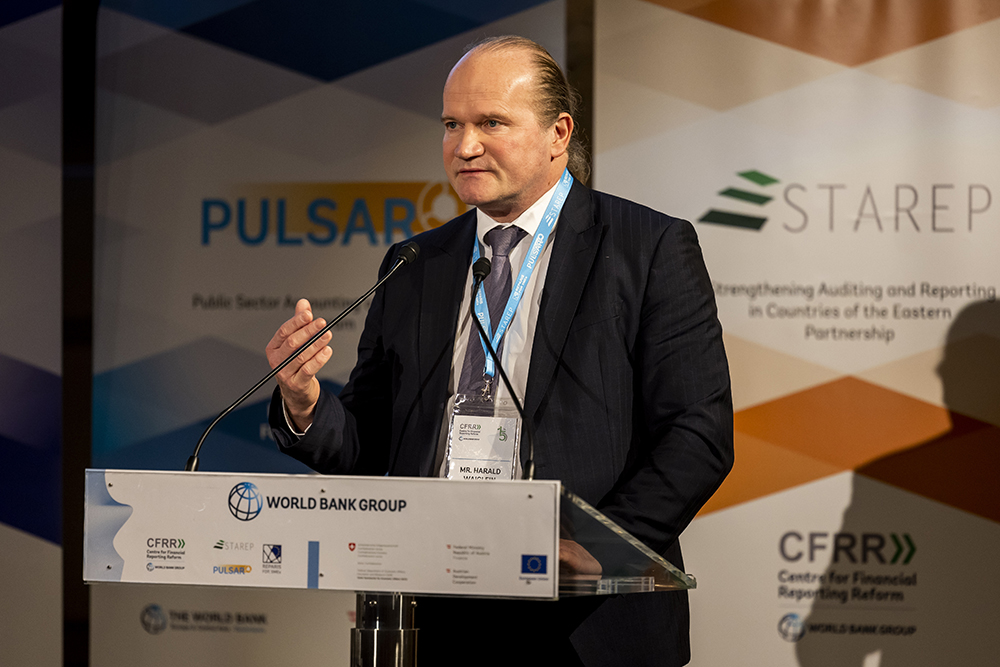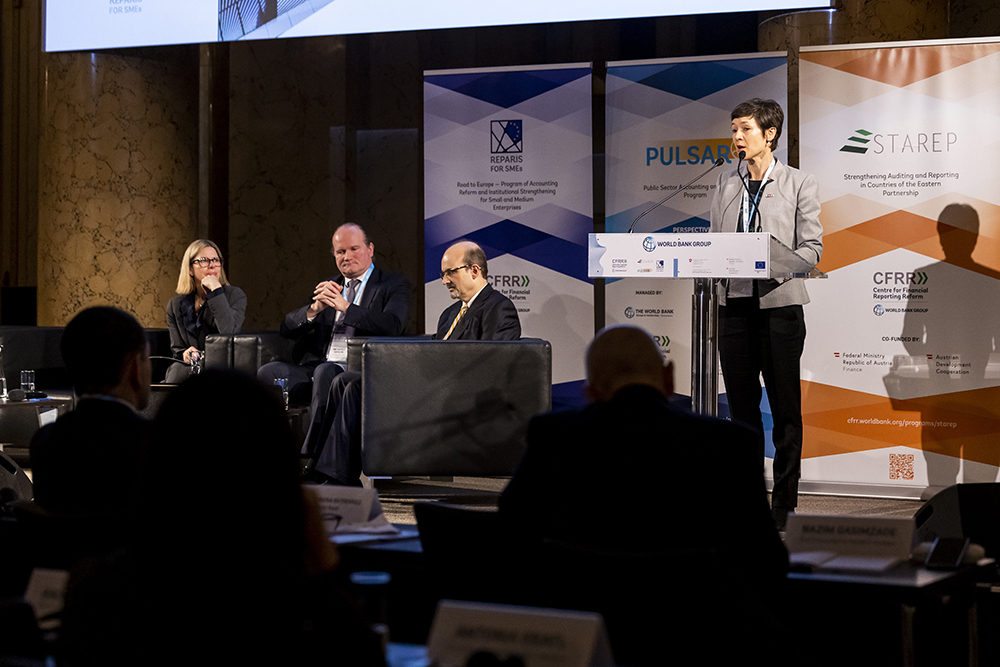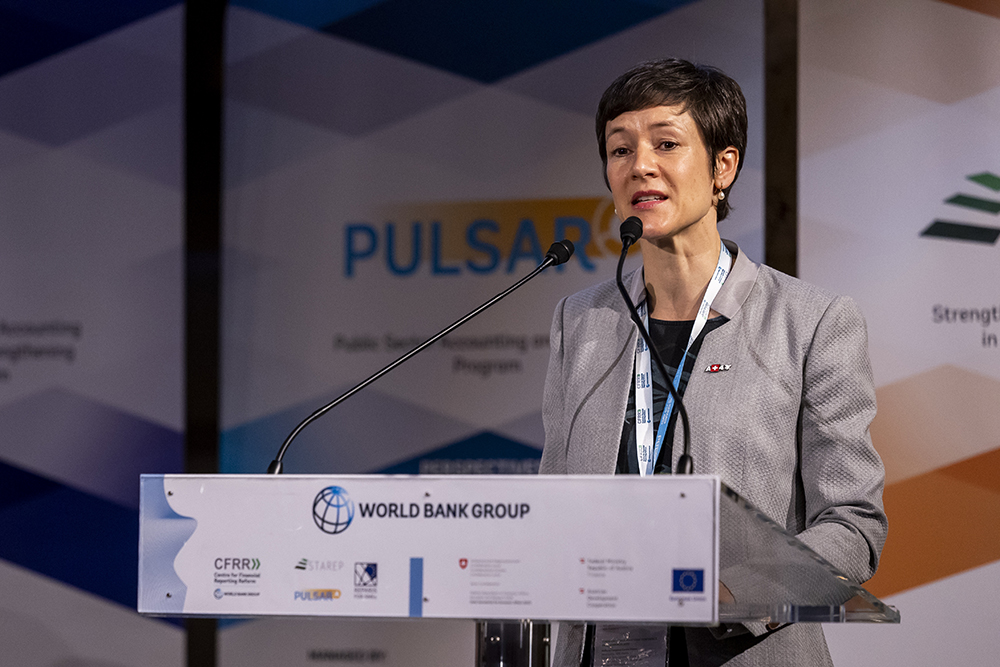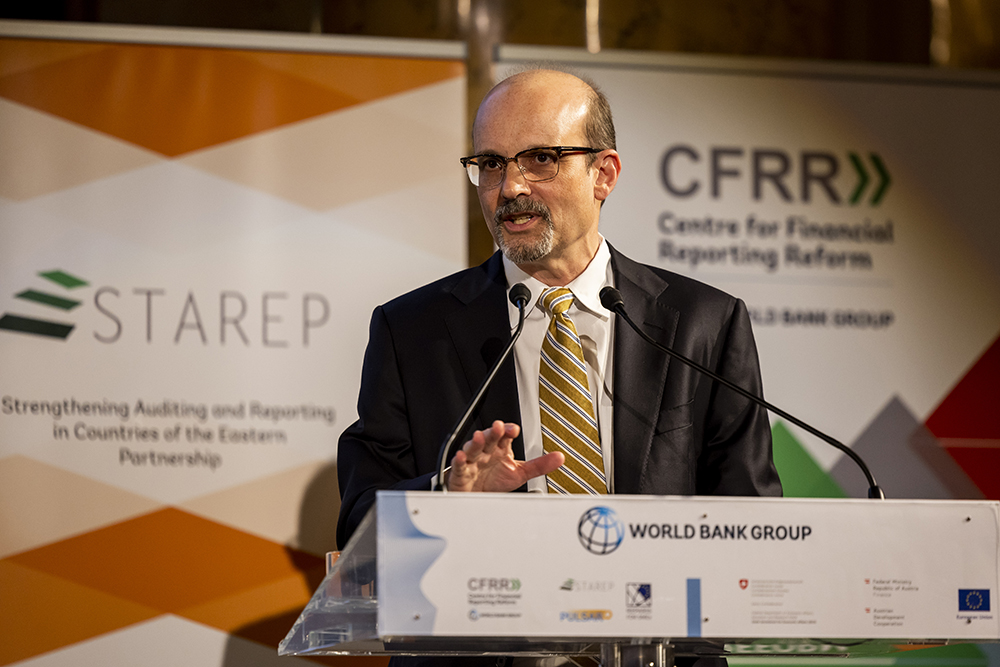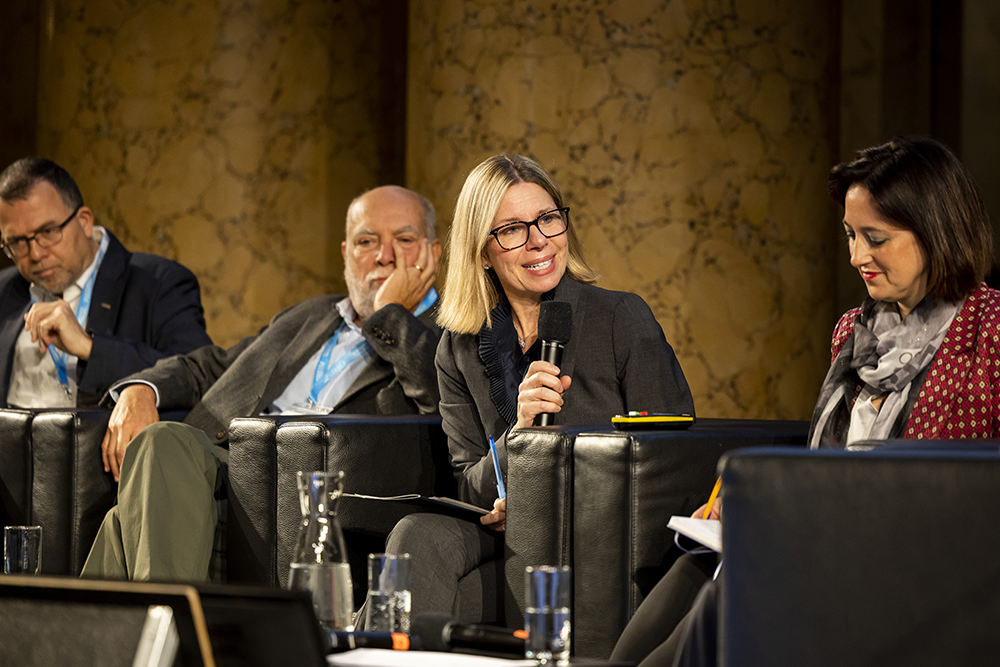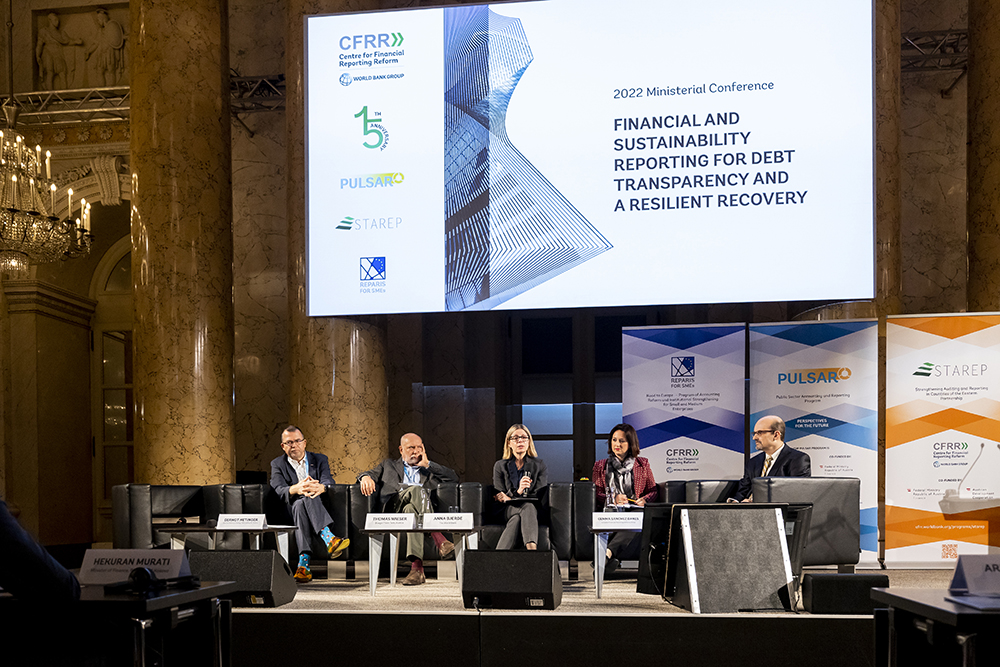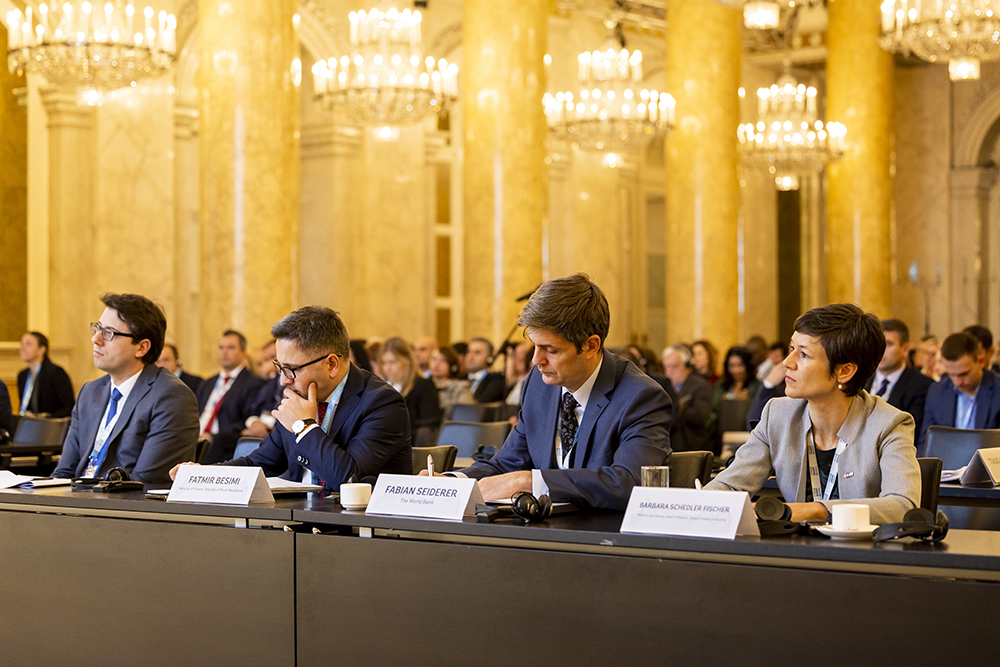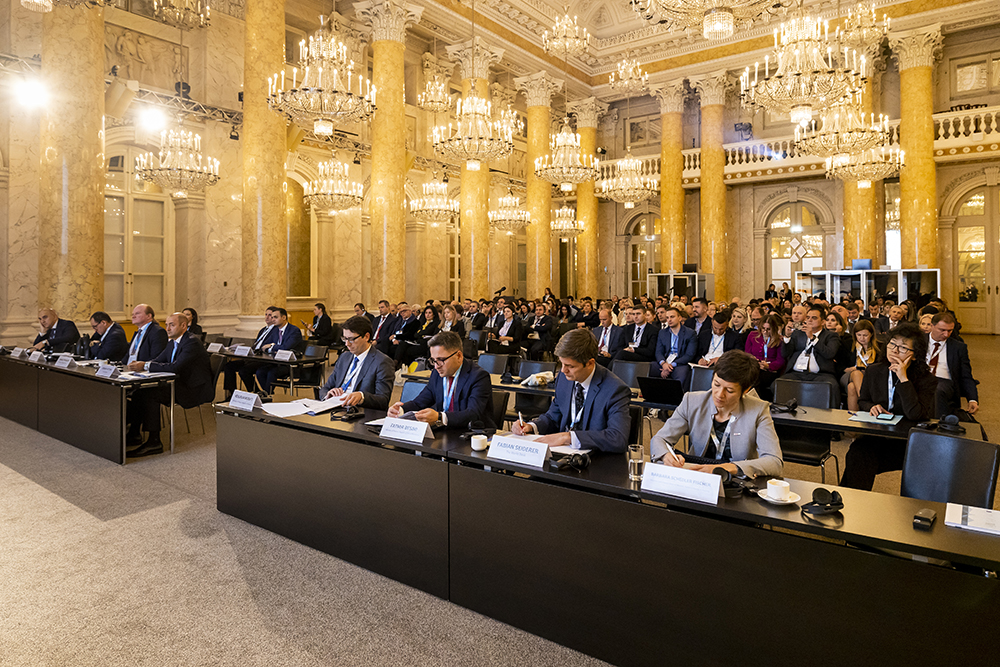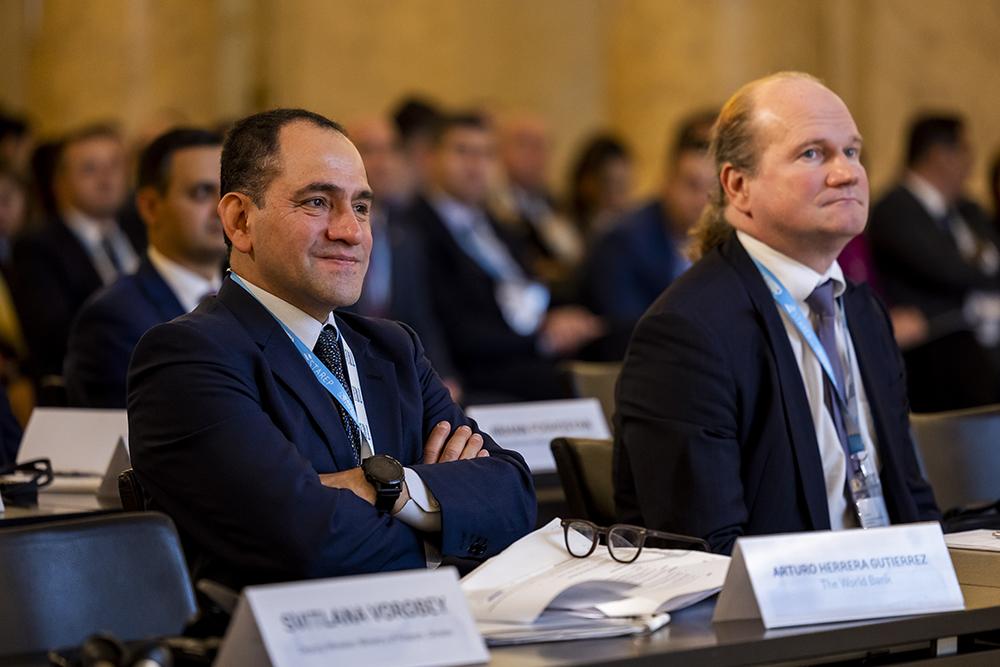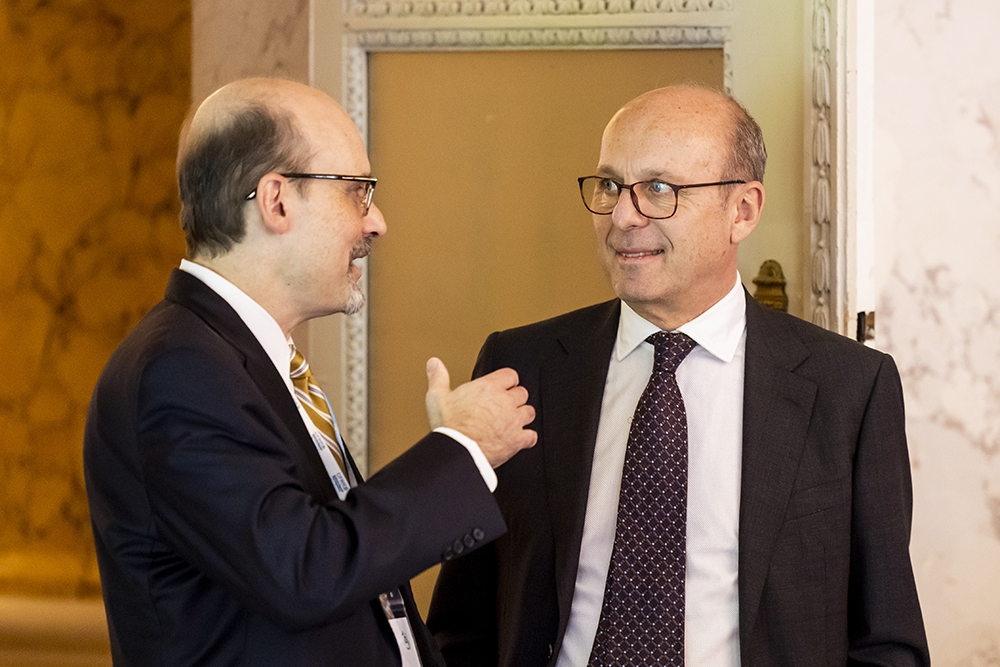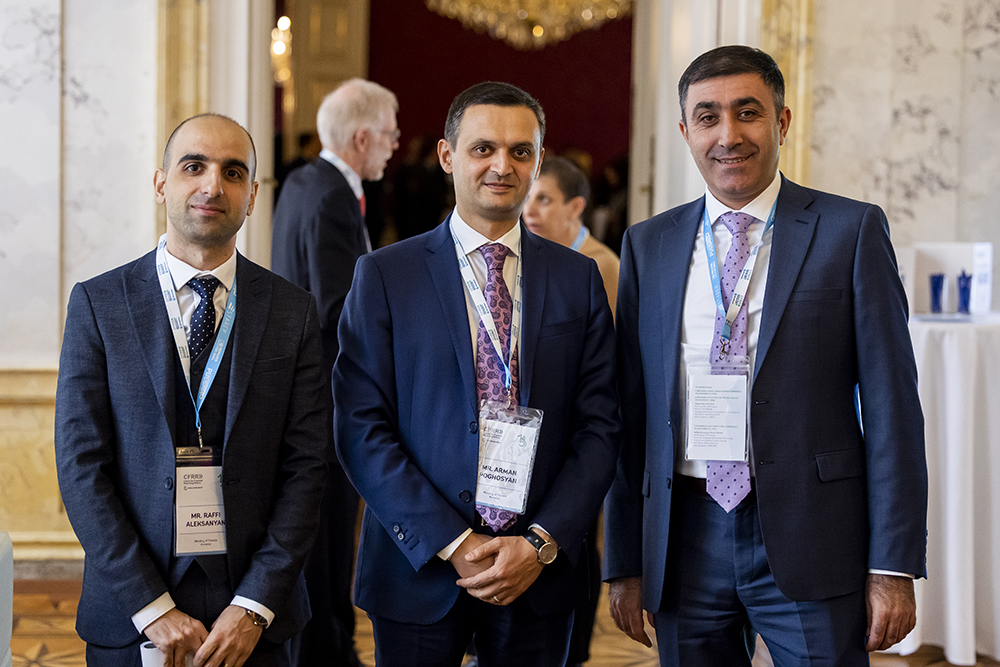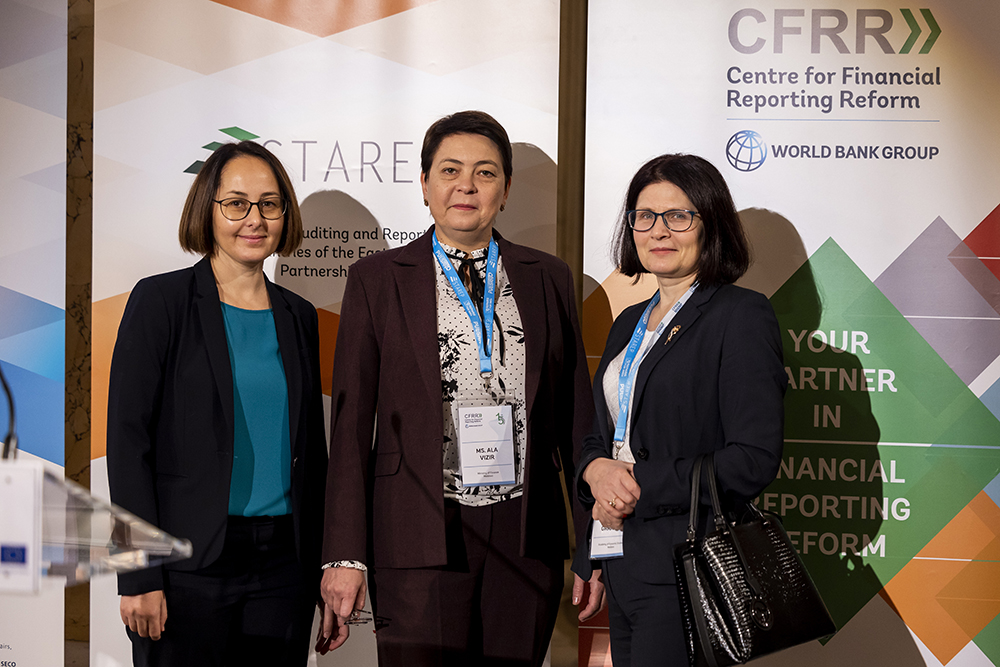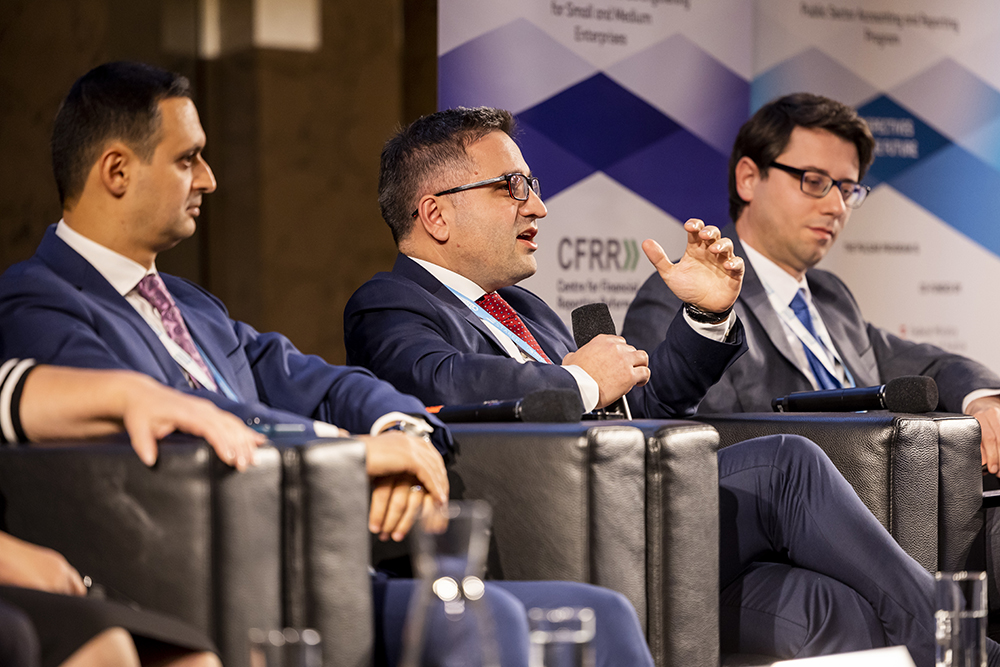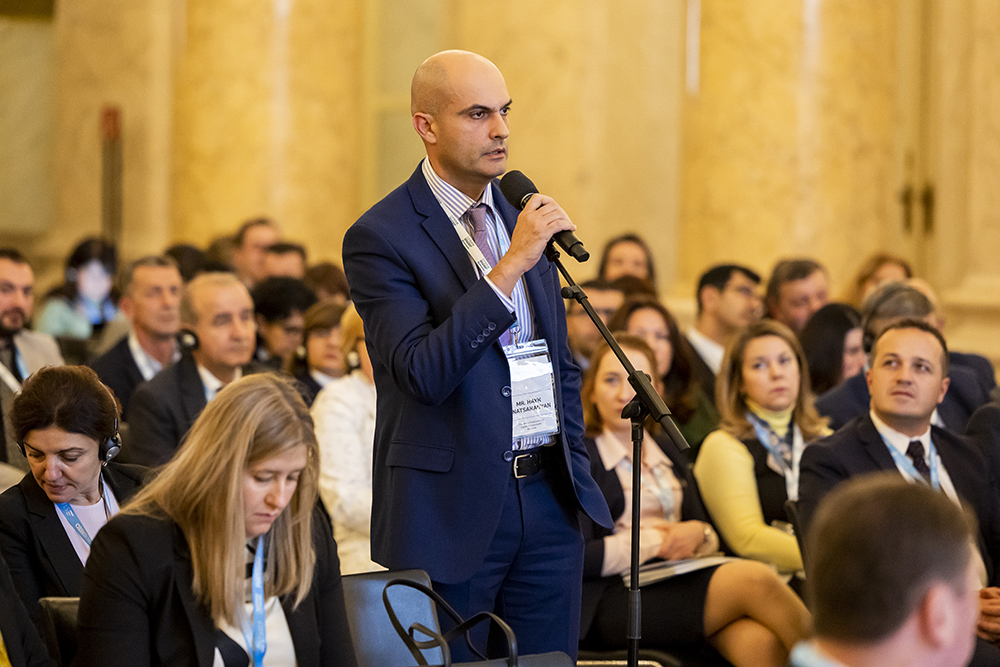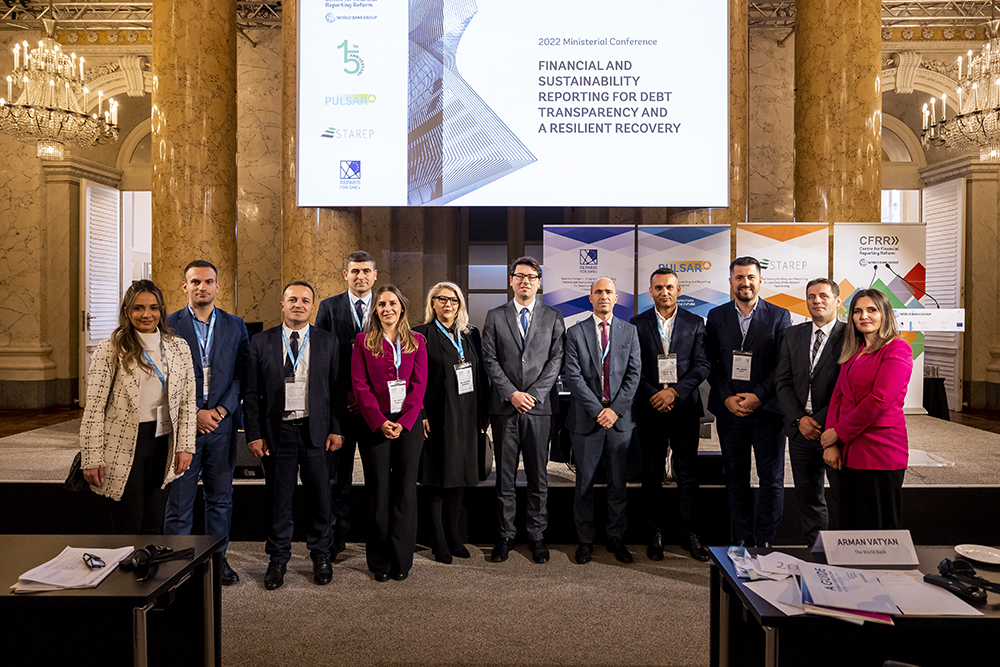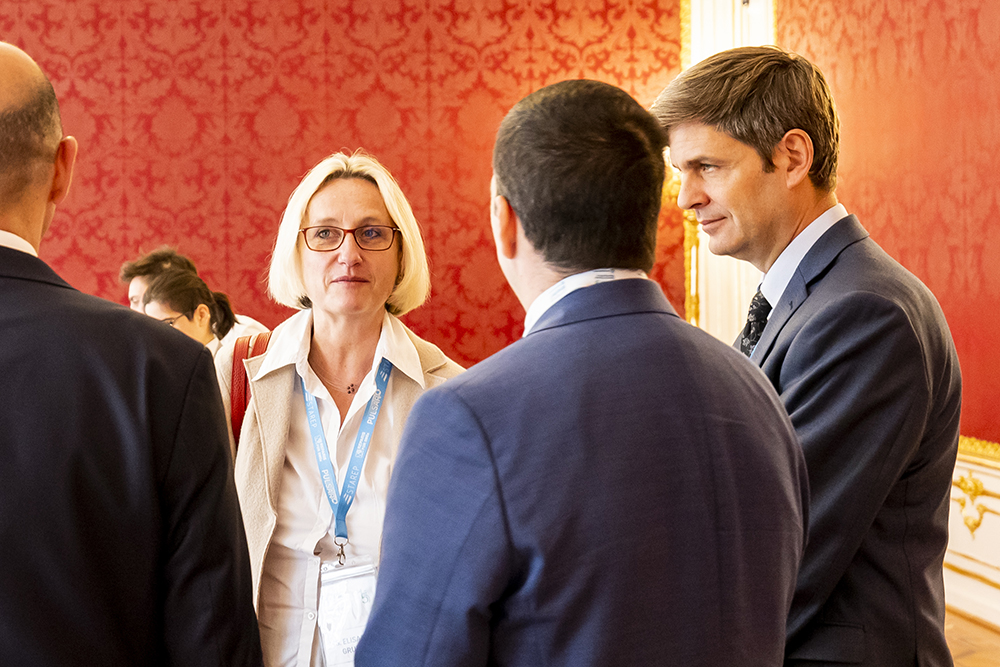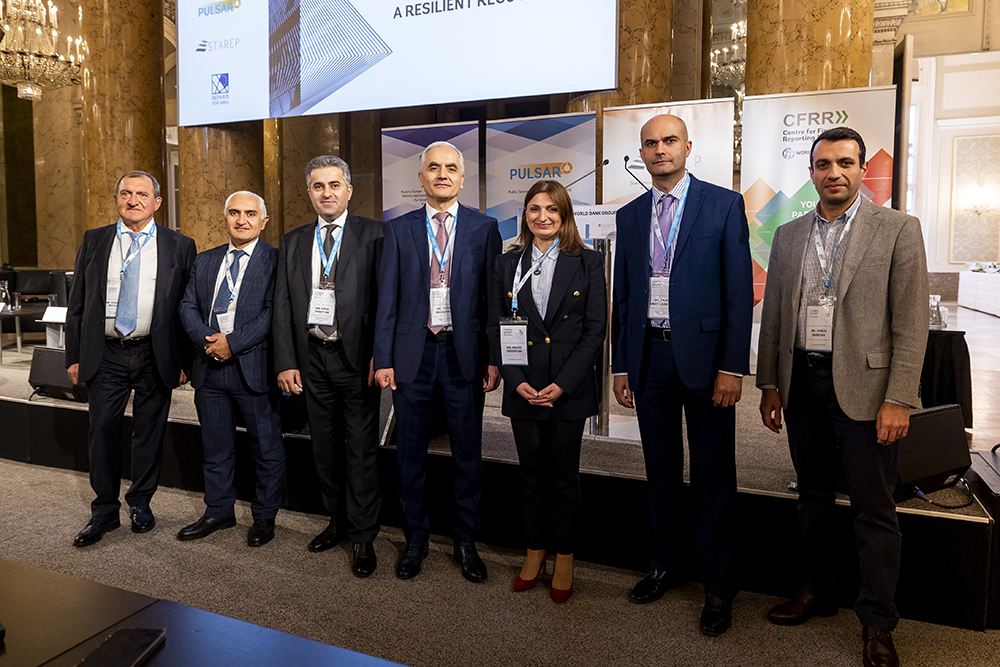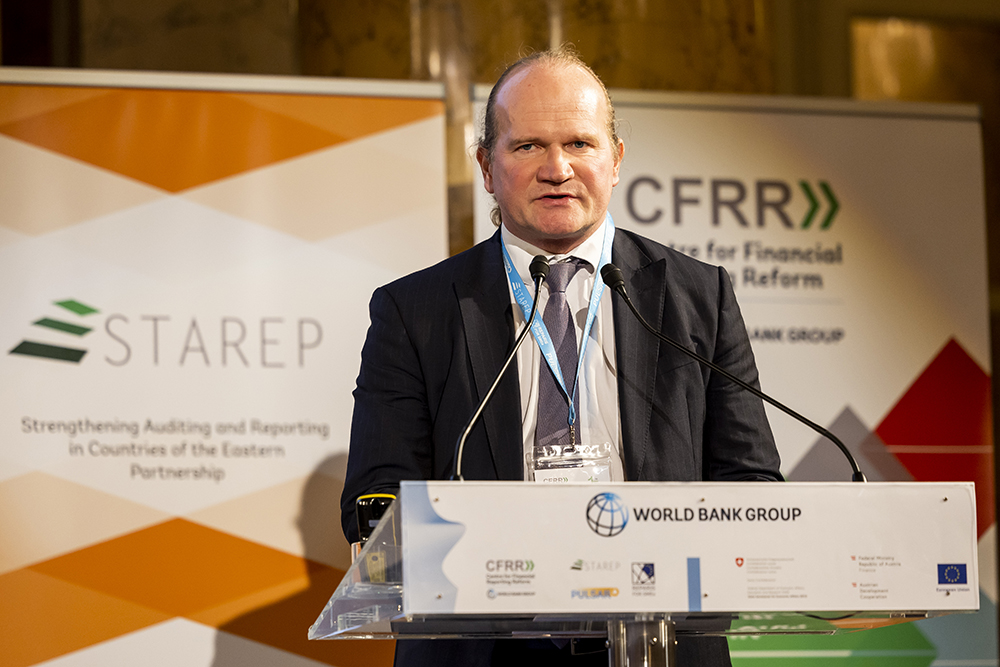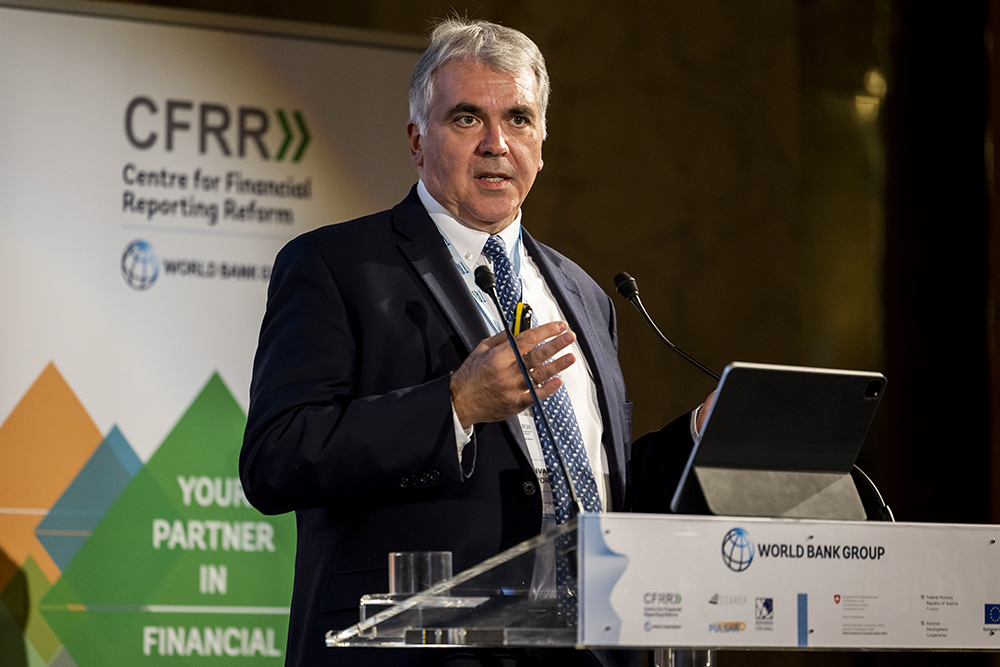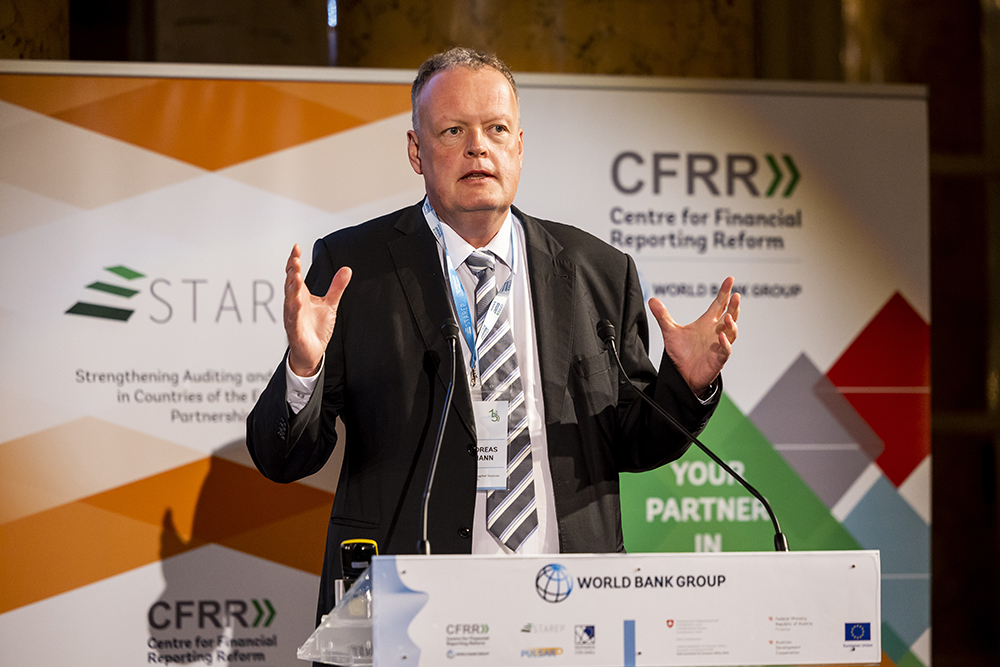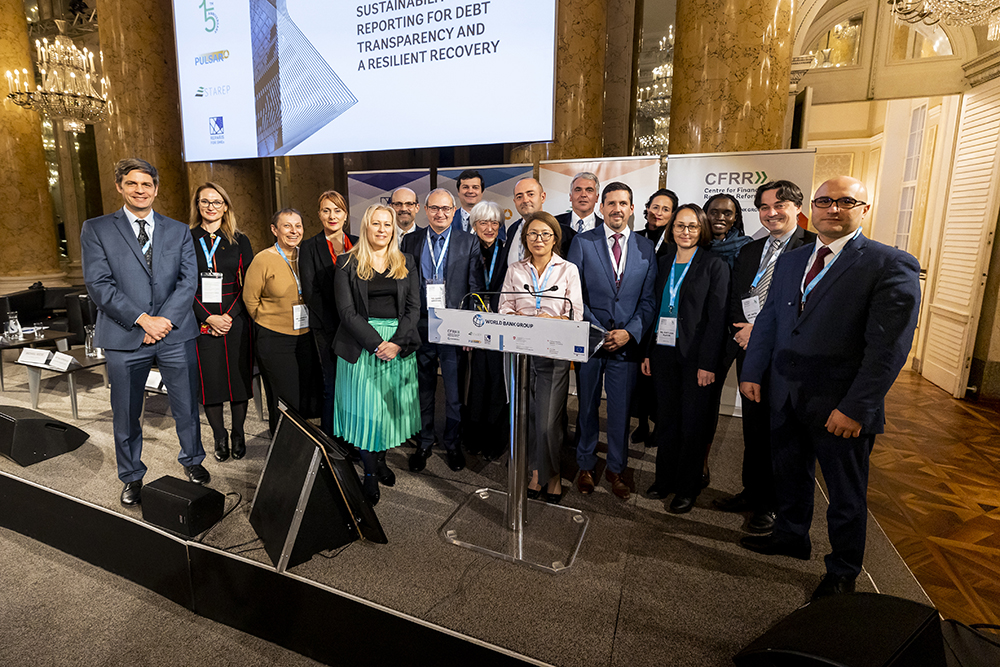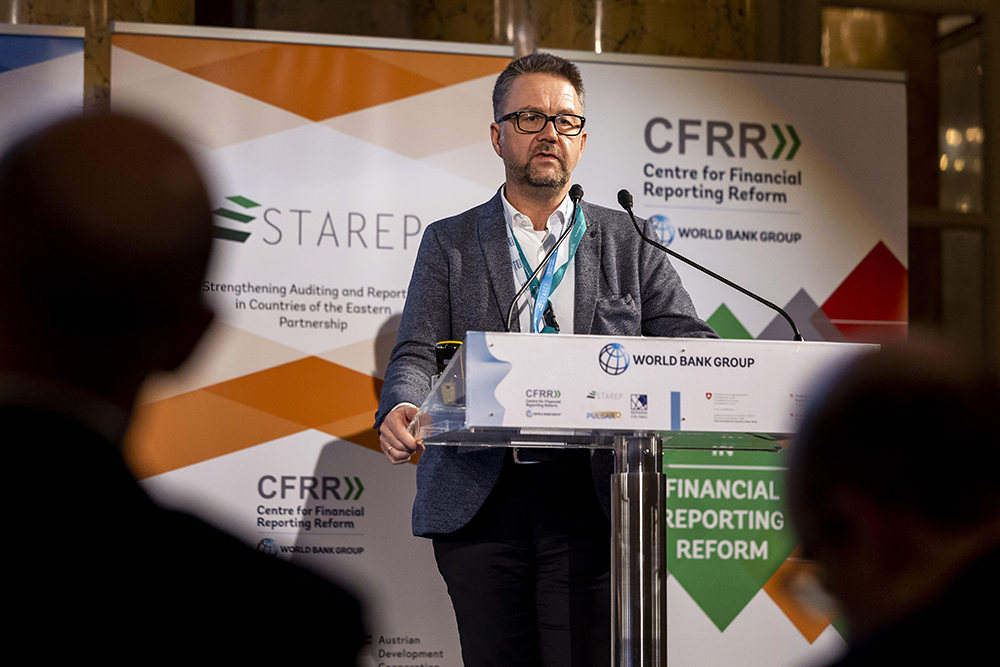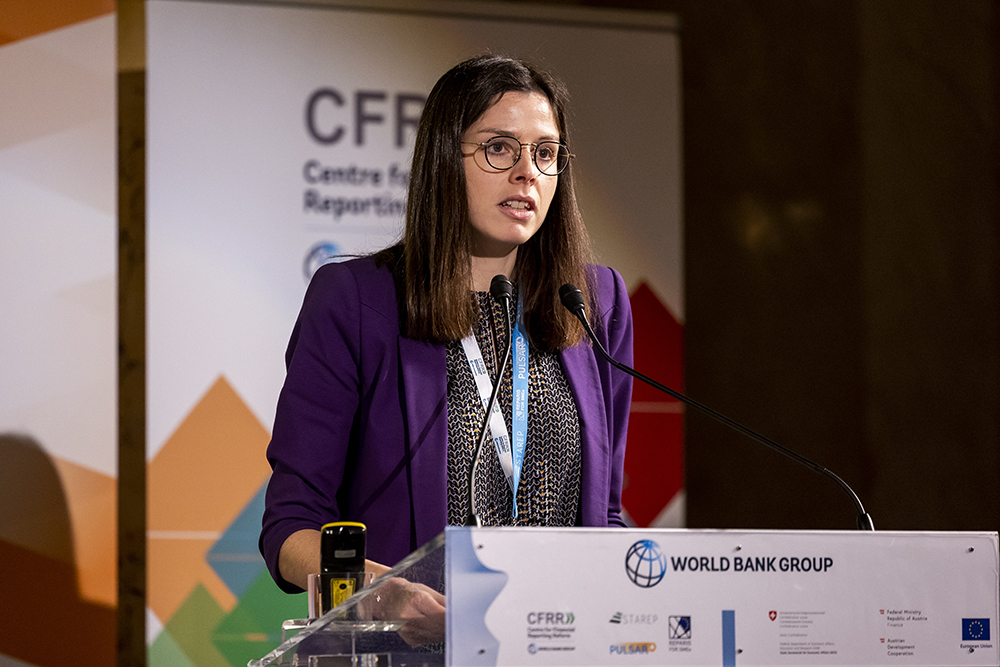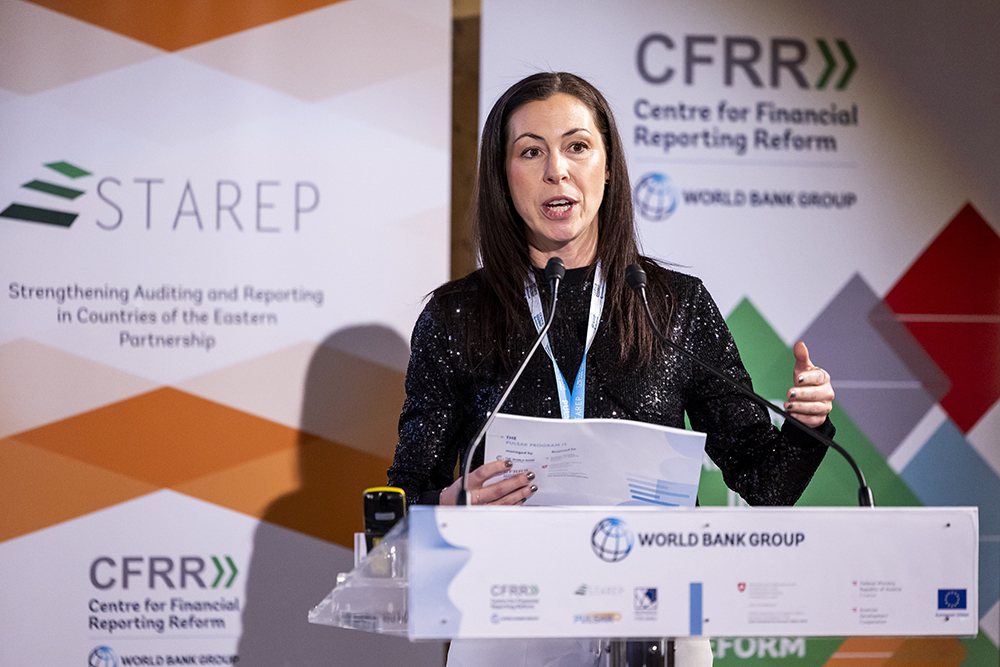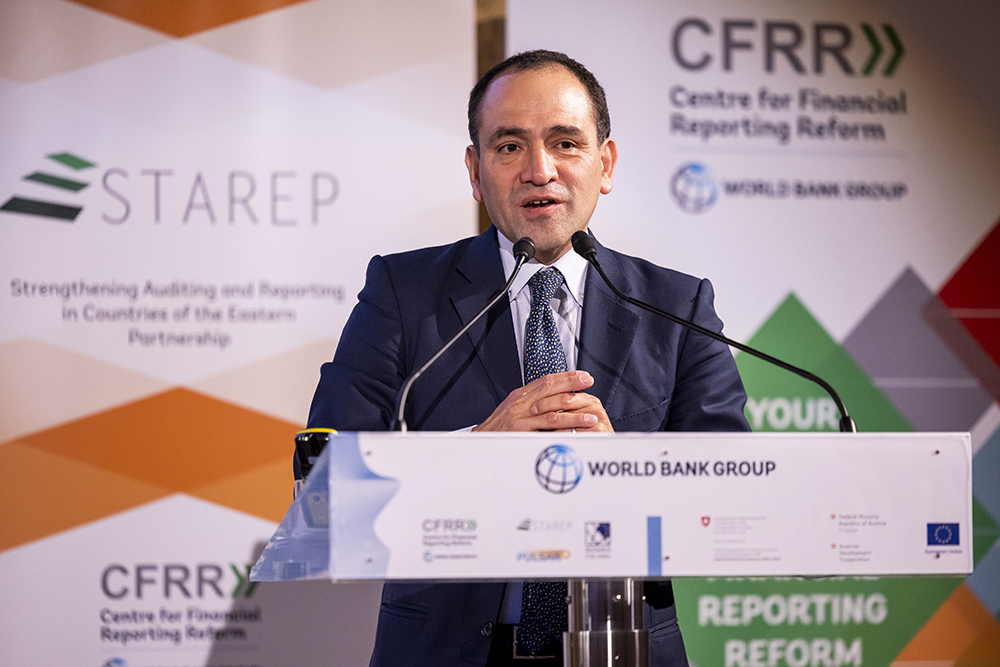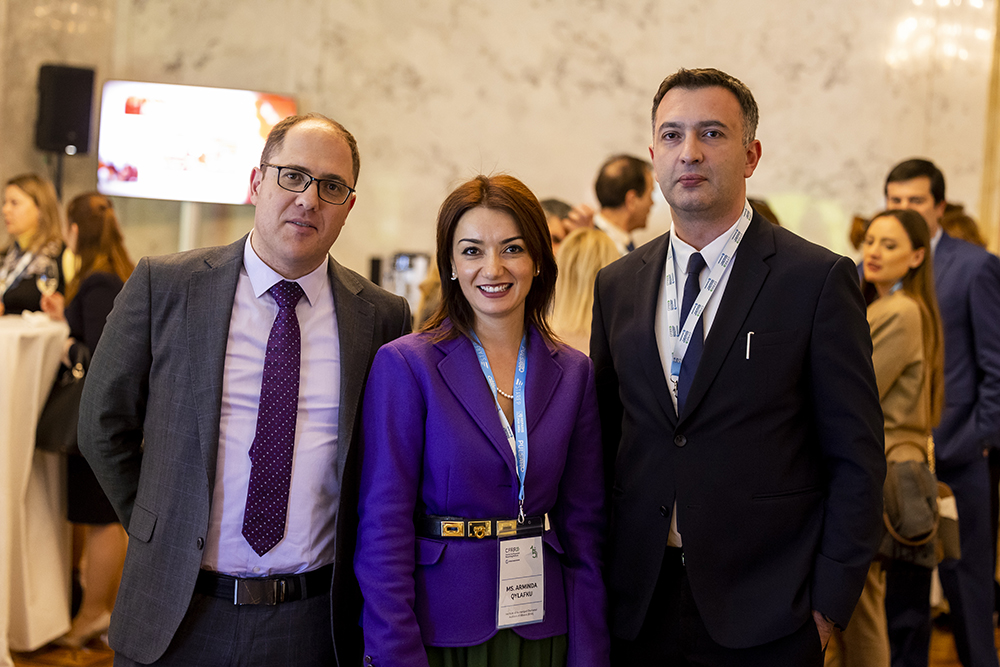The Ministerial Conference “Financial and Sustainability Reporting for Debt Transparency and a Resilient Recovery” took place at the Hofburg Palace in Vienna, Austria, on November 30, 2022. It was organized by the World Bank Centre for Financial Reporting Reform (CFRR), celebrating its 15th anniversary, and was hosted by the Austrian Ministry of Finance. The Conference convened more than 215 high-level delegates, including Ministers of Finance from partner countries, senior government officials, international development partners, high-level representatives from the public and private sectors, professional and academic communities, and experts from key international and European Union (EU) institutions.
The multiple crises that countries face today constitute a major setback for development, with many people falling back into poverty. Russia’s war in Ukraine and COVID-19 aftershocks have resulted in steep rises in food and energy prices. The resulting inflation has contributed to rising interest rates, as well as to the risk of stagflation. Subsequent capital outflow to advanced economies has left many developing countries to face depreciated domestic currencies, looming debt crises, the likelihood of recession, and the impacts of climate change. These combined pressures reduce the fiscal space for governments to meet the needs of their people, constrain their ability to manage debt sustainably, and can draw focus away from greening the economy. Now more than ever, the CFRR can play a critical role in the region, and beyond, to help countries tackle these challenges with transparent, financial reporting so that resources are managed effectively and efficiently. And now financial reporting will be supplemented with sustainability reporting to support a greener vision needed for investment and economic growth.
Over the course of rich and wide-ranging discussions, Conference participants agreed that financial reporting is the language of finance and, in order to attract finance, both people and corporations need to speak the language of finance. Improved financial and sustainability reporting is the basis to attract investments and contribute to economic growth. It builds trust by enhancing companies’ accountability for their impact on people and the environment. Reported information should be comparable, reliable, and easy for users to find and make use of with digital technologies. Ultimately it should help to reduce systemic risks to the economy and improve the allocation of financial capitals to companies and activities that address social, health, and environmental problems.
The new sustainability reporting frameworks aim to ensure that there is adequate publicly available information about the risks that sustainability issues present for private and state-owned companies, and the impacts of companies themselves on people and the environment (the so-called “double materiality” concept) in a predefined format, using a new taxonomy and are subject to audit.
Digital innovations for crisis response, recovery, and communication are important. Investing in in-house digital capabilities: (i) strengthens the ability to respond to crises; (ii) makes digital transformation sustainable; and (iii) builds digital sovereignty. Even outsourcing the development of digital services requires in-house digital expertise. Data storytelling combining financial information with narrative, visuals, and comprehensible language enables effective communication with the general public and non-financial experts.
Global economic developments increase debt vulnerabilities and affect debt levels. Debt statistics have major limitations and incomplete reporting, often ignoring other significant liabilities. Government debt is not equal to public sector liabilities and measurement varies significantly. Better management of both debt and liabilities is needed in the public sector. Greater transparency is essential for debt restructuring. Where possible public sector liabilities should be reduced. Improving debt transparency and enhancing investment flows, including full disclosure of the stock of public and publicly guaranteed debt, state-owned enterprises’ liabilities, and debt-like instruments, must remain on the reform agenda of borrowing countries.
The CFRR has been instrumental in supporting European and Central Asia countries’ efforts to build their accounting and audit infrastructure for the last 15 years. The aim is to support economic development and strengthen ties with the EU. CFRR expertise is in place to continue helping countries to cope with challenges. The Ministerial Conference was organized as part of the following CFRR-implemented programs:
- The Public Sector Accounting and Reporting (PULSAR) program, which supports the enhancement of participating countries’ public sector accounting (PSA) and financial reporting frameworks in line with international standards and in accordance with good practices, in order to improve government accountability, transparency, and performance.
- The Road to Europe: Program of Accounting Reform and Institutional Strengthening for Small and Medium Enterprises (REPARIS for SMEs) for the Western Balkan countries, which aims to improve the business environment, especially for SMEs, by helping European Union (EU) candidates/potential candidates to align their financial reporting systems with the EU’s legislative frameworks for corporate financial reporting; and
- The Strengthening Auditing and Reporting in the Countries of the Eastern Partnership (STAREP) program, which helps to create a transparent policy environment and effective institutional framework for corporate reporting.
Disclaimer: This webpage was created and maintained with the financial support of the European Union. Its contents are the sole responsibility of CFRR and do not necessarily reflect the views of the European Union.

